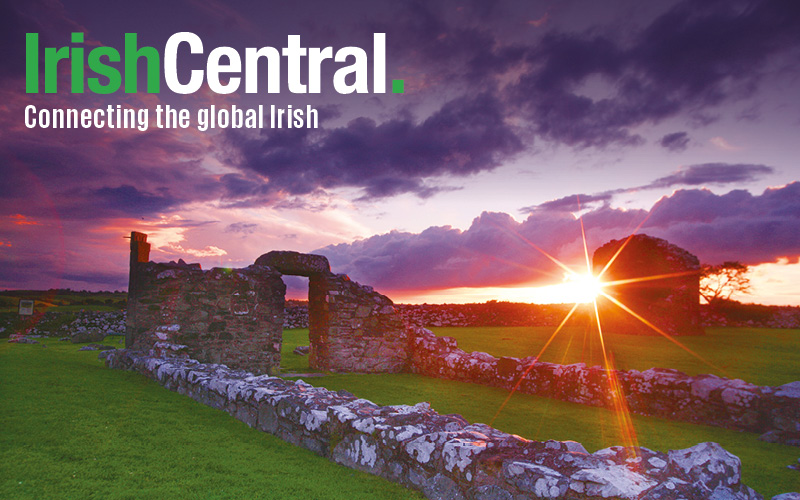September 2 is Kevin J. Farrell’s birthday. And what kind of present should the Dublin native be expecting?
Well, to suddenly become one of the most influential Irish Americans in the Catholic Church, among other things.
On August 17, Pope Francis named Farrell, who had served nearly a decade as bishop of Dallas, the leader of a new Vatican department designed to reach out to “the Laity, the Family and Life.”
The respected Jesuit journal America called Farrell's appointment “a surprise” but also a “highly significant move.”
This, of course, means Farrell suddenly becomes a central figure in not only the Catholic Church but also the Francis papacy. After getting the unabashed rock star treatment, culminating with his visit to the U.S. last year, Francis has sort of fallen off of the American radar. Perhaps that is due to the carnival-like presidential race unfolding in the U.S.
Either way, after initially energizing many American Catholics with hints at reform, it has become increasingly unclear what kind of changes Francis will actually be able to institute.
Divorce? Gays and the church? Women serving as priests and in other positions of power within the church?
Pope Francis’ humble demeanor and bold talk put these once-unthinkable issues on the table. But will they merely stay on the table? Or will Francis -- and millions of other wavering American Catholics -- actually live to see their church change in meaningful ways?
Farrell is now a central figure in this drama. Happy birthday!
The choice of an Irish American for such an influential position would seem to suggest a surprising warmth towards the U.S., which is often viewed skeptically by Vatican insiders.
While large in number, Catholics still only represent 25 percent of the U.S. population. And even that number is split between older Irish, Italian and Polish ethnics, and more recently-arrived Hispanics.
And, finally, American Catholics generally have a -- shall we say -- liberal interpretation of Catholic law, especially on issues such as birth control, divorce, gay rights and other bedroom matters.
You know, precisely the kinds of issues Farrell will be delving in to.
According to Gerard O’Connell in America magazine, “Pope Francis’ decision to choose an American bishop to head this new department is a clear sign of his high esteem for the church in the United States and for the people of this country that he came to know during his visit last year.”
People familiar with Pope Francis’ thinking added that he was “deeply moved by the faith of American Catholics and by the enthusiastic and warm welcome given to him by the president, the Congress and the American people when he visited Washington, D.C., New York and Philadelphia.”
Farrell speaks fluent Spanish and Italian and earned praise for changing the tone set by previous church leaders in Dallas, in the wake of the sex abuse scandals of the late 20th and early 21st centuries.
As The Dallas Morning News put it a few weeks back, the city was “straining to deal with the aftermath of some of the nation's worst sexually predatory priest scandals. And internal tensions, partly arising from those scandals, created a frosty relationship among diocesan leaders and with the community.”
One critic told the paper, “Farrell was a tremendous leader. He broke the defensive bunker-like mentality of the diocese.”
And so, now, Kevin Farrell has another daunting task set before him. Let’s state it plainly: to make the church relevant to families in the 21st century.
Of course, people in America, Africa and Australia have rather different interpretations of “relevant.” That is one thing Farrell is certainly going to struggle with. Just to make the task more difficult, time is of the essence, simply because of Pope Francis’ age.
All of which means Farrell will have plenty to wish for when he blows out those candles on his birthday cake. He’ll need all the help he can get.




Comments